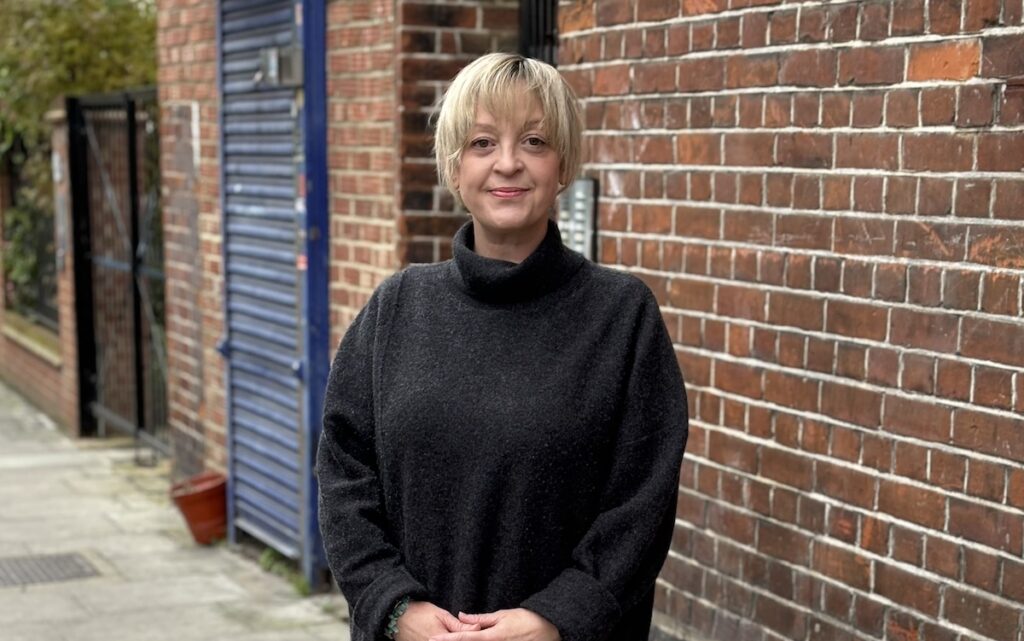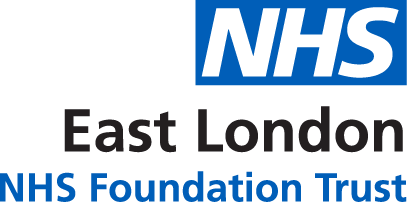Helping Forensic Services Help Service Users

Senior Forensic Social Worker at the Trust, Claire Holman, talks about the role of Forensic Services in providing support for those going through the criminal justice system or in need of specialist risk assessment and interventions.
Could you explain what the role of Forensic Services is, as well as a little bit about your role too?
Forensic Services work to support the recovery and wellbeing of people who have some risk or safety concerns relating to their mental health. My current role is as a Senior Social Worker and Social Supervisor in the East London Community Forensics Service (ELCFS). This is a specialist service supporting people to develop independence and meaningful lives in the community whilst also balancing the need for assertive supervision and monitoring of risk, safety and wellbeing.
How long have you been working in Forensic Services and at the Trust?
I worked as a Social Worker and an Approved Mental Health Professional (AMHP) in Hackney Community Mental Health Services for nearly 15 years before joining East London Forensic Service in 2021. Initially I worked as an inpatient Social Worker on the High Dependency Unit at the John Howard Centre alongside some forensic community work, and six months ago, I moved to full time community work with the ELCFS.
What made you want to start working in Forensic Services?
I chose to work in Forensic Services because of the many opportunities available for therapeutic rapport building with complex service users and their families and the opportunity to undertake lots of family work and group work. I wanted to work in an area where strengths-based Social Work can be utilised to recognise and foster individual and community strengths and recognise stories of resilience and hope and recovery.
Are there any key moments that have made you proud of the work you do?
I feel proud of my role and my team whenever a service user deals with a situation differently than they may have in the past, when they demonstrate the ability to deal with distress and conflict in a healthy, productive way rather than repeating patterns of past harmful behaviour.
Do you have any hopes and aspirations for the future of Forensic Services at ELFT?
I hope we can continue to offer compassionate, joined-up trauma informed care and treatment, and support our service users to live meaningful lives. I hope that the many groups and opportunities for social engagement and employment for our service users continue to expand and develop. I hope we can find a suitable office for our team to be based in.
Do you have a message for people who would like to learn more about Forensic Services?
The work of Forensic Services is specialist, fascinating, complex, challenging, and often quite misunderstood. Feel free to approach the team and request opportunities to shadow or learn more about what we do and how we do it, and take advantage of the Liaison Service we offer for specialist service user discussions.
